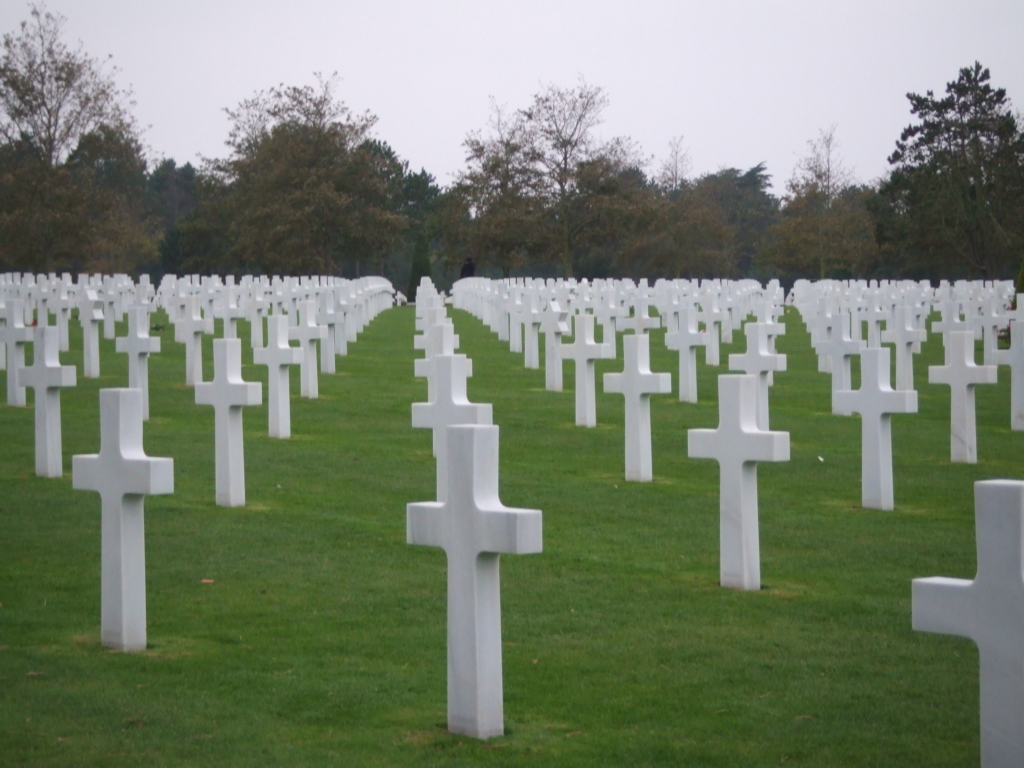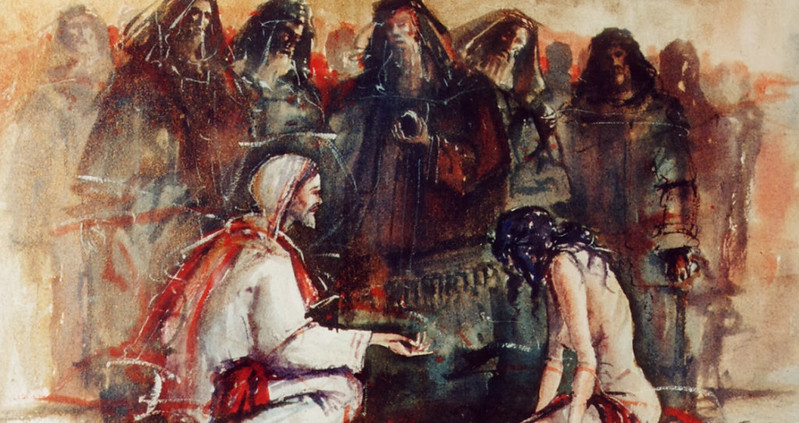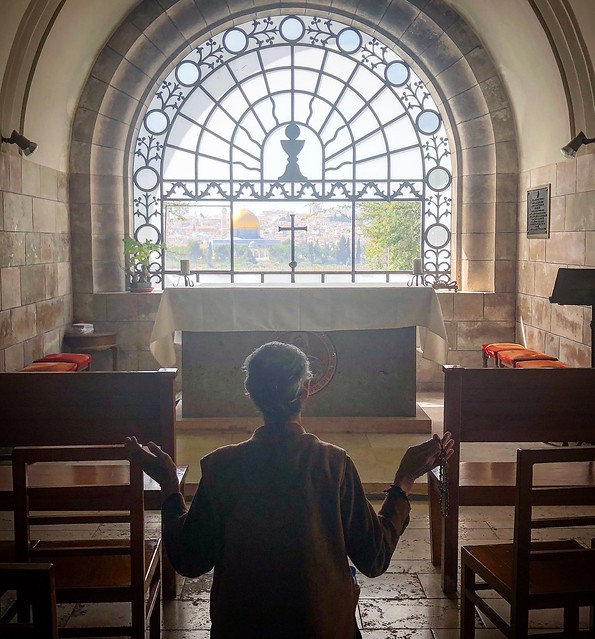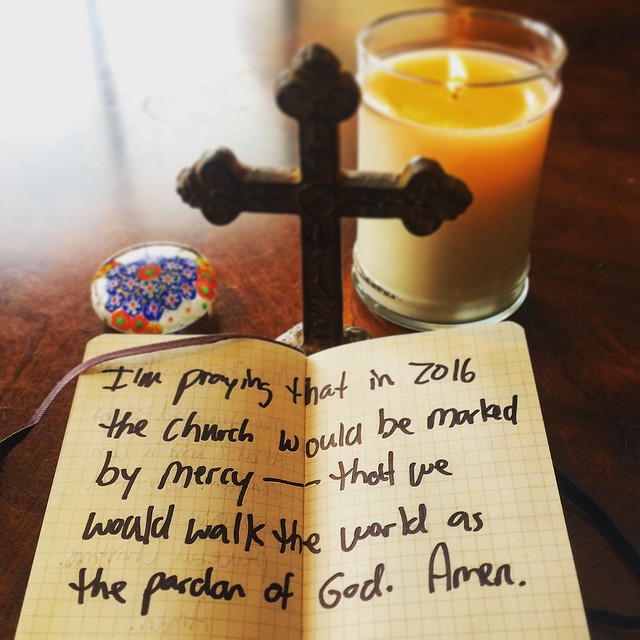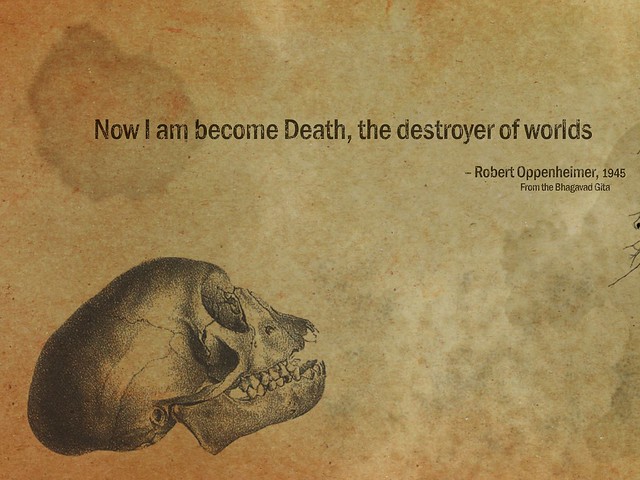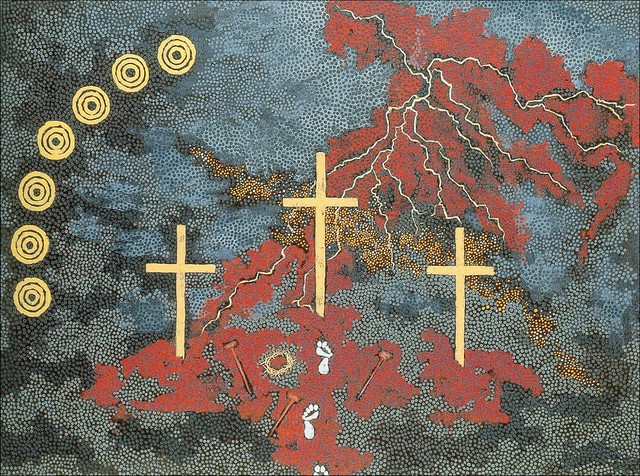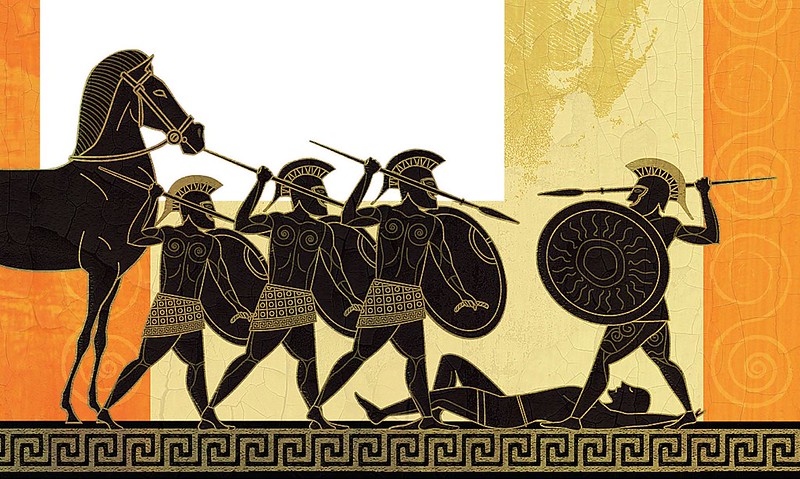
Saved from Rage
Brian Zahnd
Rage — Goddess, sing the rage of Peleus’ son Achilles,
murderous, doomed, that cost the Achaeans countless losses,
hurling down to the House of Death so many sturdy souls…
What god drove them to fight with such fury?
–The Iliad
Homer’s Iliad — the closest thing the pagan world had to a Bible — is a five-hundred page war poem. Homer doesn’t sing his song in praise of war, though courage and valor are given their due; rather Homer alerts the world — then and now — to the senseless carnage that can be wrought once rage is let loose in the world of arrogant humans. It’s no accident that the first word of the ancient world’s greatest epic is Rage. And it’s noteworthy that in just the ninth line of the poem Homer asks, What god drove them to fight with such fury? Indeed, what god?
The ancient world saw rage not as a mere human emotion, but as a kind of malevolent entity, a demon, a monster that if let loose could not easily be brought under control, and in its chaos could lay waste entire civilizations. The Iliad is Homer’s beautiful, but bitter testament to the destructive potential of unchecked Rage.
Read more

